This post may contain affiliate links where I earn a commission, at no additional cost to you, if you decide to make a purchase after clicking on a link. Please see our Disclosure Policy for full details. Thank you for your support!
This post is sponsored by Merilee Speigner on behalf of Nationwide. My experience may not be the same as yours. There is no guarantee of future performance or success. I was paid for my time and efforts in writing this article. Financial decisions are personal. You should check with your financial professional to discuss your specific situation.
If the last few years have taught us anything, it’s that being financially prepared for the future is important. Life is full of unpredictables! What if there were things you could be doing now to protect your family and be prepared for many of the unpredictables the future may hold? The good news is, there are! Today I’m going to go over 5 steps you can take now to protect your family financially.
These practical steps will ensure your finances are shielded and you can face the future with confidence. Putting these steps into place could save you thousands, even tens of thousands of dollars down the line!
5 Steps You Can Take to Protect Your Family Financially
1. Get term life insurance
Getting a term life insurance policy is one of the first steps you can take to protect your family financially. With a term life insurance policy, you purchase a term of typically 10, 20, or 30 years and each is associated with a cash payout to the beneficiaries if the policy holder dies during the length of the term.
Example: A healthy 30-year-old man purchases a $200,000 life insurance policy with a term of 10 years, and his wife as the beneficiary. The cost is $17/mo. If he dies during the 10 year term, his wife will get a cash payout of $200,000.
It’s a good idea to have a term life insurance policy for anyone in the household who earns income that the family relies on. For example, if you are married and don’t work, you may not need a life insurance policy. But you may want to get one for your partner who is earning the income, because if he/she were to die, your family would be without income. Note that some people like to have term policies even for stay-at-home parents because if they were to die, without their caretaking, the family would need to hire more help and the policy could help pay for that. Speak with a professional to figure out if you need coverage and how much!
With a term life insurance policy, if the policy holder were to die during the term, the beneficiary would get a cash payout equal to the amount agreed upon when the policy was purchased. This will allow the family to continue on and get by financially without the policy holder’s income or care.
It’s not fun to think about, but it’s important, and term life insurance is not as expensive as you may think!
A 10 year $100,000 policy for a healthy 25-year-old woman is only around $11/mo! That’s less than a subscription to Netflix, and provides a lot more value.
There are a lot of companies that offer term life insurance, and getting started is very simple. One great company that offers term life insurance is Nationwide. They have a free life quote tool that will help you estimate how much a policy would cost for you in about a minute. They also have a team of specialists on standby that can help you figure out how much coverage you need and the best policy for your situation.
How much would term life insurance cost for you? Get a free term life insurance quote from Nationwide in 1-2 minutes here.
Bottom line: Term life insurance is a very straightforward way to protect against losing the main income in your household due to the death of the income earner.
2. Make sure you have proper insurance coverage in all areas (term life insurance, health insurance, car insurance, disability insurance, etc.)
Having adequate insurance is part of a strong financial plan. I’ve already mentioned term life insurance, but it’s really important to have good insurance coverage in the other areas of your life too. Proper car and health insurance are some of the top essentials.
When it comes to car insurance, make sure you are covered. It’s illegal in the United States to not have coverage anyways, but it’s worth the cost to have a good policy. This will ensure you can afford the repairs and medical costs in the case of an accident without having to take on any debt or big bills. Make sure you have enough coverage to cover your vehicle, the other person’s vehicle, health bills if needed, and so on. The exact amounts of your coverage are very personal, so you’ll need to speak with a car insurance representative and make sure you have the coverage you need.
The same goes for health insurance. Health insurance can be a fairly large cost in the budget for most families, but it allows you to get the basic preventative care to stay healthy and be able to afford more costly care when needed. Adequate health insurance will be there for you if your family experiences any accidents, disease, or even the birth of a new baby!
You may also consider getting disability insurance, business insurance, long-term care insurance if you are older, pet insurance, and insuring anything valuable in your home or life that applies to you.
Bottom line: Make sure you have adequate car, health, and other insurances to help you pay for unexpected events and future costs.
3. Build up more than one source of income
If your family only has just one source of income, it might be time to consider adding in additional streams. One solid stream of income is great, but it does leave you vulnerable in some ways. By having more sources of income, you would at least have a plan B or alternative way to make some money if you lose your main source of income for any reason.
The more the better here too! If you have 4-5 sources of income, those income streams will be there to help you get by. You can even grow them to be a full-time income if the opportunity presents itself and you want to.
Some ideas of additional streams of income are to have a side hustle, part-time job, rental house, regular brokerage account (no penalties for removal) with some investments in it, and so on.
Bottom line: Having more than one source of income can protect you against the loss of your main source of income.
4. Create a will
One of the most important things you can do to protect your family financially is to have a will in place.
A will is where you lay out where you want your money, children, and assets to go when you pass away. It’s very important to make these desires clear and legally binding so that when you die, your wishes are carried out without a hitch.
Every adult should have a will, but it’s especially important if you have assets, children, and pets. If you are older, it’s critically important to have a will!
You can get started on a will by hiring a lawyer. The cost can be anywhere from $500-700, but they will be very thorough and help you plan out your estate.
If you’d love to try out a cheaper alternative to get the ball rolling, try the FreeWill tool offered by Nationwide. With this tool, you can create a legally binding will in less than 20 minutes (mine took 17 minutes).
The FreeWill tool doesn’t cost you anything. I found this really interesting. How do they make money, then? FreeWill makes money from non-profit organizations that donate to FreeWill, hoping in exchange that you might leave a monetary gift to one of their great non-profit organizations in your will. This is completely optional, but giving to charity is almost always a good idea, so it’s a win for everyone!
Try the free will tool here and create a legally binding will in less than 20 minutes.
Bottom line: Make sure you have a will in place to designate where you want your money, assets, children, and pets to go when you eventually die.
5. Save up 3-6 months worth of expenses into an emergency fund
One of the last but most important things you can do to protect your family financially is to have 3-6 months worth of expenses saved up. You’ve heard the saying- it’s not if an emergency will happen, it’s when!
Having 3-6 months of liquid (readily available) cash on hand can help you cover your bills and spending in the case of a job loss or layoff, replace a broken vehicle, cover medical bills from an accident, etc. without taking on any debt!
How much do you need?
Figure out how much money your family spends on a regular month (the amount of money you would need to get by, not necessarily the same as your income), and multiply that by 3 or 6. Make that number your emergency fund goal. For an average family making $80,000 per year and expenses of $5,000/month, your emergency fund might have around $15,000-$30,000.
This may seem like a huge feat at first, but remember, this is something you can build up over time. It may not happen overnight and that’s okay!
Bottom line: Make sure you have 3-6 months of expenses saved up in cash to help you afford future expenses without taking on debt.
I hope this list has been very helpful in giving you some practical ways you can protect your family financially!
With these safeguards in place, you can focus on the loved ones around you and taking care of what really matters.
Which of these steps will you be getting started on first?
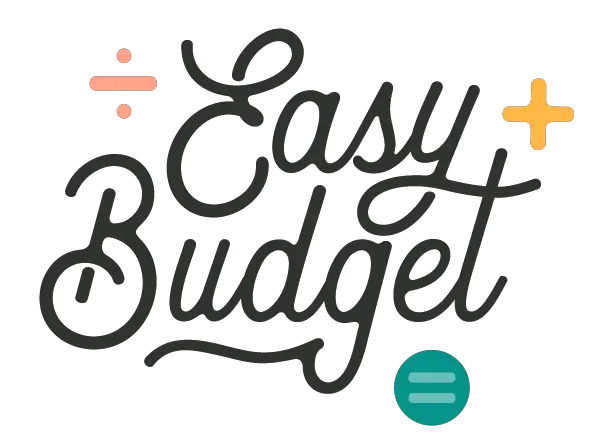
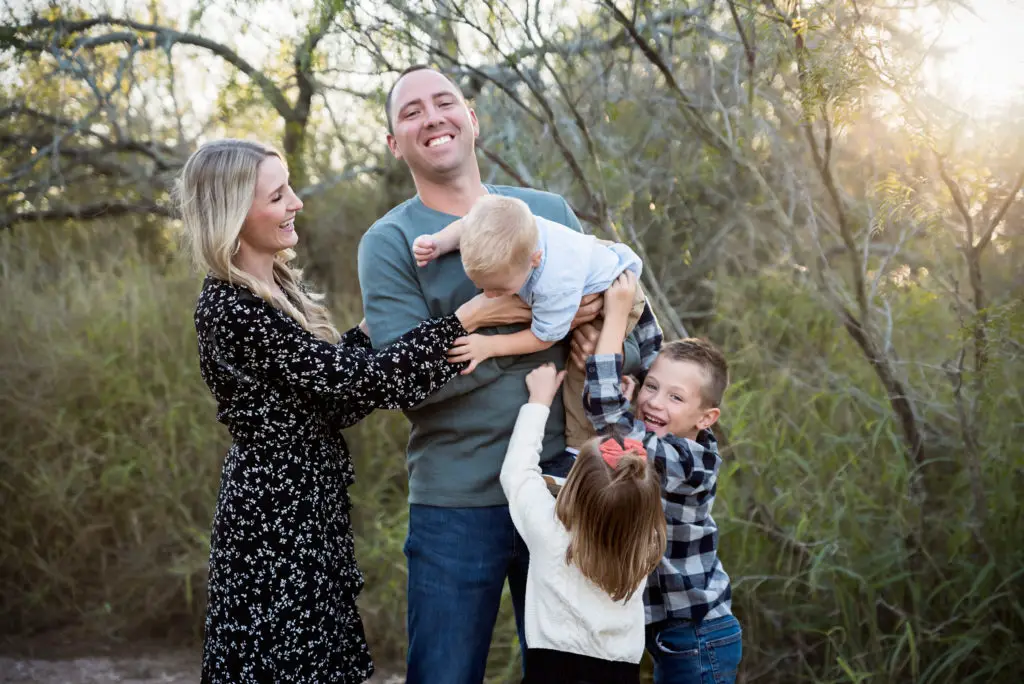

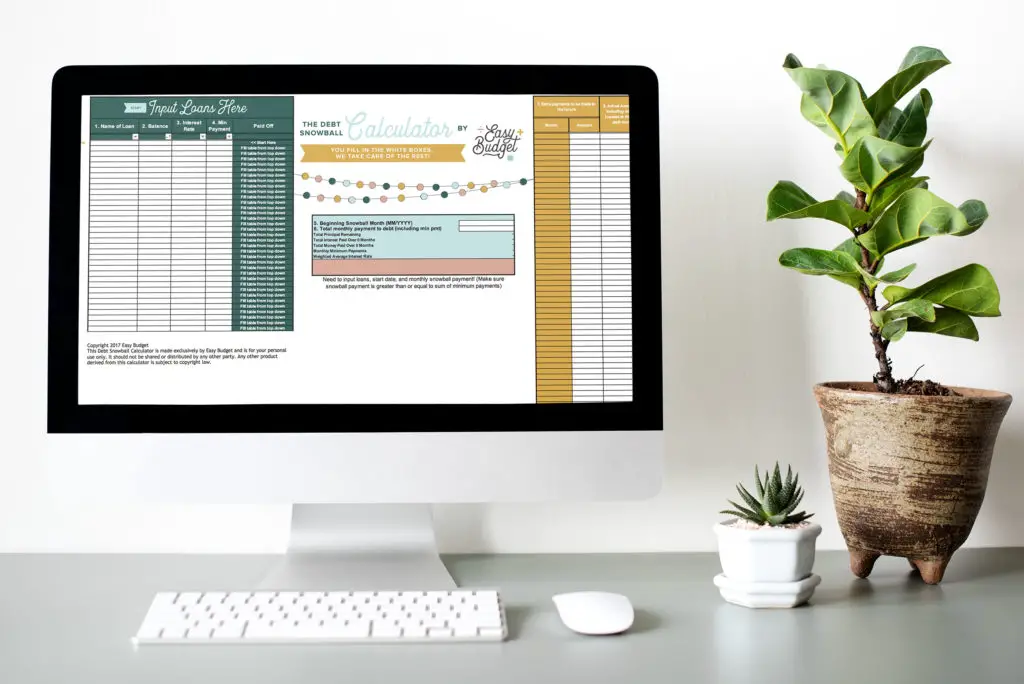



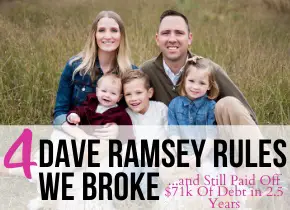


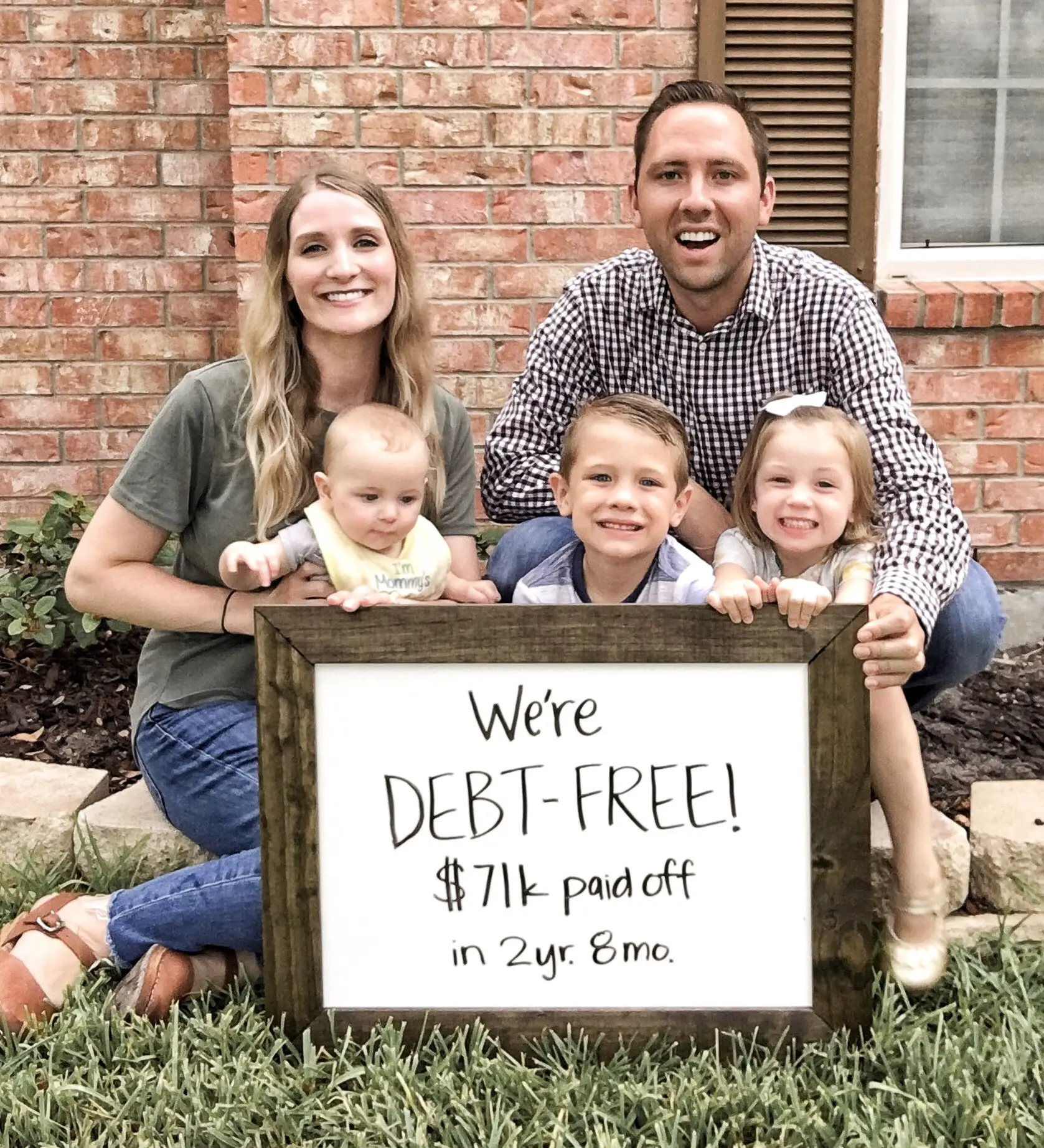

2 Responses
Thank you for the tips!
My pleasure! I hope they help you feel more prepared.